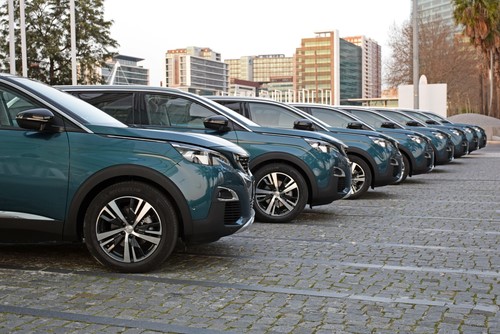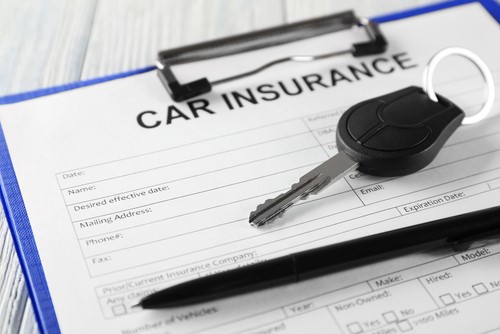When it comes to fleet services, business is booming – and is projected to continue to do so. Whether you’ve been driving for years or you’re just dipping your toe into the fleet waters, starting your own fleet company can be a great way to build your career.
However, there are many complexities involved in this pursuit. From acquiring vehicles to hiring great drivers, you’ve got your work cut out for you. Before you get your fleet company off the ground, ask yourself the following questions.
Do You Want to Lease or Purchase Your Vehicles?

As you establish your fleet, you’ll need to decide how you’ll acquire your vehicles and choose between leasing and purchasing outright. If you choose to lease, there are a few things you need to keep in mind.
Damage and mileage limits can be drawbacks; however, with a lease, you’re able to acquire the latest models and may qualify for certain tax breaks.
If you purchase your vehicles, you’ll have more control about transportation of merchandise, and increase your business resources in one fell swoop.
You need to consider the impact older vehicles can have on your brand; if you need to have the latest models for branding purposes, purchasing your fleet may not be the right move.
Also keep bulk pricing in mind. If you intend to lease or purchase at least 5 company vehicles, discount pricing may come into play. This is what’s called preferred pricing; certain dealerships may offer deals to company owners looking to buy vehicles in bulk.
If you plan on scaling your business soon, acquiring many vehicles at once could prove wise (and budget-friendly). To gain access to these discounts, you’ll need to acquire a fleet identification number (FIN), which helps prove to dealerships that your business is legal and that you meet certain requirements.
Can You Improve Your Fleet with Upgrades?
Do you have special vehicular needs for your fleet? Whether you’re delivering merchandise, transporting clients, or sending out a team of professionals to a job, there are plenty of upgrades that can help your drivers enhance their performance:
- GPS Systems: If you need to utilize fleet tracking services, you’ll want GPS systems installed in your company vehicles.
- Eco-friendly upgrades: If you want to qualify as a sustainable business, you may need to consider car upgrades or specifications that are environmentally-friendly.
- Alarm systems: If your team will be transporting valuables, you’ll need to ensure your fleet is up-to-date with the latest security systems.
These barely scratch the surface of the different types of fleet vehicle upgrades available. Consider your business needs and find the right accessories that help your team do their job better.
Consider Insurance Requirements for Fleet Company

When you purchase a fleet of vehicles, you’re automatically signing up for an array of expenses: maintenance and repair, fuel, and most importantly, insurance. Business auto insurance can quickly exceed several thousands of dollars annually, but it’s a necessary expense. An easy way to save money is to compare auto insurance quotes and find the best rate for your company.
If you’re investing in your first fleet vehicle, adding new vehicles to your existing fleet, or moving towards larger, high-capacity vehicles, you’ll need to consider the insurance premiums that come with these acquisitions.
Don’t invest in the first insurance plan you see; shop around and consider your options. You’ll want the right coverage, and not all policies were created the same. Invest in fleet insurance to increase peace of mind.
Final Notes
Starting your own company fleet can be a great way to promote new business, enhance your current service offerings, and increase your profits. Consider the above challenges and strategies before starting your company and make your fleet business venture a success from the start.
Regards: Abdul Mateen















